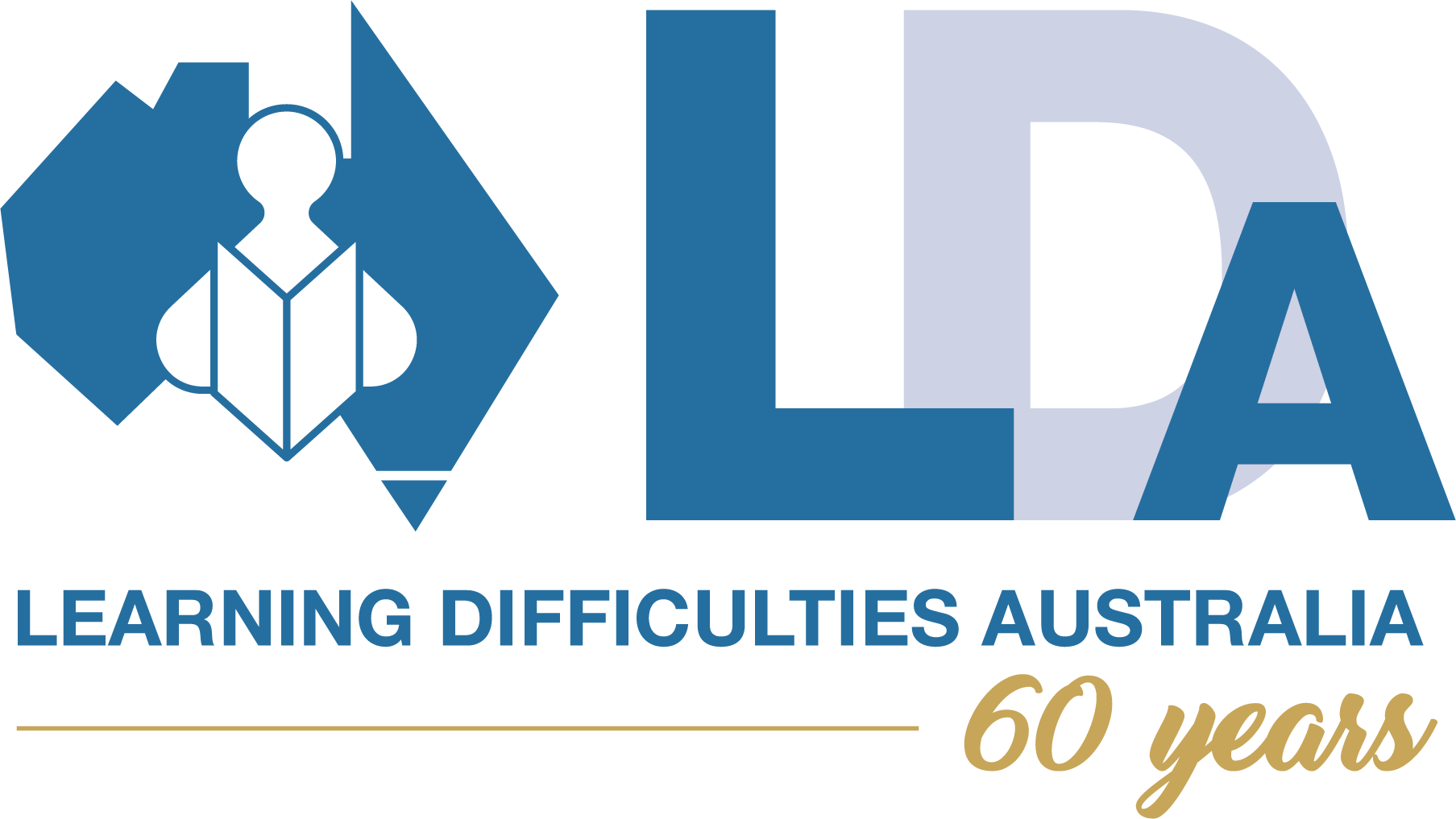This session by Jenny Baker will provide participants with a framework for analysing written and visual texts. It will also showcase successful essay writing strategies that students can employ to organise their ideas and develop a written argument that unpacks how quotations support techniques, how techniques develop themes and how themes position readers.
By the end of the webinar, participants will be informed about:
- Text analysis
- Identification of themes / values / attitudes / representations etc
- Techniques used for analysis (plot, language, characterisation, point of view & setting)
- Structure of the essay (general paragraph structure as well as sentence structure)
- Vocabulary for writing a successful essay
Participants will have the opportunity to analyse a text and work towards writing an exemplary essay to
illustrate the processes of text analysis and essay writing.

